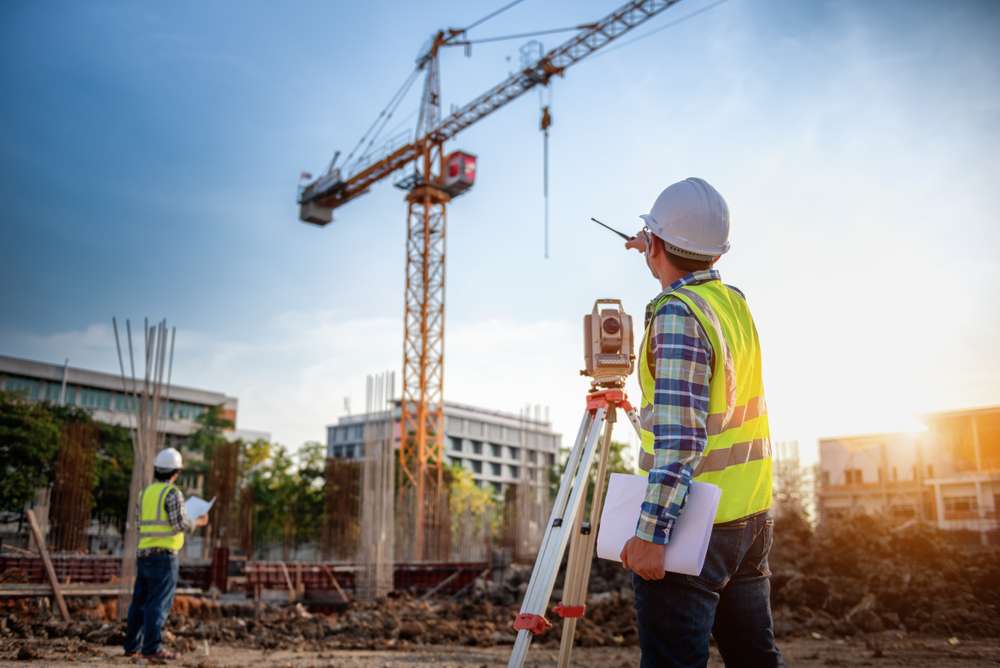Understanding Construction Services in Today’s Market
The construction industry is rapidly evolving, driven by technological advancements, sustainability demands, and changing market dynamics. As we navigate this new landscape, understanding modern construction services is crucial for stakeholders, from property developers to homeowners. This article delves into the current state of construction services, exploring how recent trends are reshaping the industry and what it means for your next building project.

What are the key components of modern construction services?
Today’s construction services encompass a wide range of offerings, from initial planning and design to project completion and beyond. Core components include architectural design, engineering, project management, construction execution, and post-construction maintenance. However, the integration of digital technologies has expanded these services to include Building Information Modeling (BIM), virtual reality walkthroughs, and IoT-enabled smart building solutions. Modern construction firms are increasingly offering end-to-end services, providing clients with a seamless experience from concept to completion.
How is technology transforming the construction industry?
Technology is revolutionizing every aspect of construction services. Drones are now routinely used for site surveys and progress monitoring, while 3D printing is being explored for rapid prototyping and even full-scale building construction. Artificial intelligence and machine learning algorithms are optimizing project schedules and resource allocation, leading to significant improvements in efficiency and cost-effectiveness. Additionally, the adoption of cloud-based project management platforms is enhancing collaboration among stakeholders, reducing errors, and streamlining communication across complex projects.
What role does sustainability play in modern construction services?
Sustainability has moved from a niche concern to a central focus in the construction industry. Green building practices, energy-efficient designs, and the use of eco-friendly materials are now standard offerings in many construction service packages. The push for sustainability extends beyond the building itself to encompass the entire construction process, with firms implementing waste reduction strategies, utilizing renewable energy on-site, and prioritizing locally sourced materials. As regulations tighten and client demand for sustainable solutions grows, construction services are adapting to deliver environmentally responsible projects without compromising on quality or functionality.
How are construction services addressing labor shortages and skills gaps?
The construction industry has long grappled with labor shortages and skills gaps, challenges that have only intensified in recent years. To address these issues, many construction service providers are investing heavily in training programs and apprenticeships to cultivate the next generation of skilled workers. Additionally, the integration of automation and robotics in construction processes is helping to alleviate some of the pressure on the workforce. Prefabrication and modular construction techniques are also gaining traction, allowing for more work to be completed off-site in controlled environments, which can help mitigate the impact of labor shortages on project timelines.
What innovative project delivery methods are shaping construction services?
The traditional design-bid-build model is no longer the only game in town. Innovative project delivery methods such as Design-Build, Integrated Project Delivery (IPD), and Construction Management at Risk (CMAR) are gaining popularity. These approaches foster greater collaboration between designers, contractors, and clients from the early stages of a project, leading to more efficient processes, reduced conflicts, and better overall outcomes. Additionally, the rise of lean construction principles is helping to minimize waste and maximize value throughout the construction process, further enhancing the efficiency and effectiveness of construction services.
How can clients ensure they’re getting the best value from construction services?
When selecting construction services, it’s crucial to look beyond just the initial cost. Factors such as the provider’s experience, technological capabilities, sustainability practices, and project delivery methods should all be considered. To help you make an informed decision, here’s a comparison of some leading construction service providers in the UK:
| Provider Name | Services Offered | Key Features/Benefits |
|---|---|---|
| Balfour Beatty | Full-service construction, infrastructure | Advanced digital solutions, strong sustainability focus |
| Kier Group | Construction, property, residential | Wide geographic coverage, diverse sector expertise |
| Laing O’Rourke | Construction, engineering | Off-site manufacturing capabilities, innovative technologies |
| Mace | Construction management, consultancy | Global reach, emphasis on sustainable development |
| Willmott Dixon | Construction, fit-out, residential development | Industry-leading sustainability credentials, community focus |
Prices, rates, or cost estimates mentioned in this article are based on the latest available information but may change over time. Independent research is advised before making financial decisions.
In conclusion, the landscape of construction services is evolving rapidly, driven by technological innovation, sustainability imperatives, and changing project delivery models. By staying informed about these trends and carefully evaluating service providers, clients can ensure they’re well-positioned to leverage the best that modern construction services have to offer, resulting in more efficient, sustainable, and successful building projects.
The shared information of this article is up-to-date as of the publishing date. For more up-to-date information, please conduct your own research.






